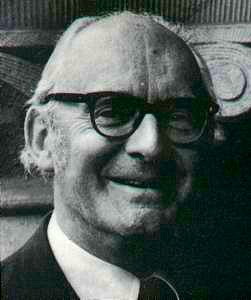 This continues the previous post on Jesus: An Historian’s Review of the Gospels by Michael Grant. Why two posts on this? Since some New Testament scholars point to Michael Grant as evidence that academics outside biblical studies employ the same methods and reach the same conclusions about the historicity of Jesus as they do, won’t hurt to address his work in some detail.
This continues the previous post on Jesus: An Historian’s Review of the Gospels by Michael Grant. Why two posts on this? Since some New Testament scholars point to Michael Grant as evidence that academics outside biblical studies employ the same methods and reach the same conclusions about the historicity of Jesus as they do, won’t hurt to address his work in some detail.
For Michael Grant, Jesus was better and greater than any other person in the history of the world. If the Gospels say he did or said something that reminds us of what other persons have said or done, Grant is always quick to expostulate that Jesus said or did it with such greater force or power that he made it sound or look unprecedented. Usually he just makes this declamation of Jesus’ superiority as if it must be a self-evident truth. At the same time he generally informs readers exactly what was in the mind and feelings of Jesus, too. Recall from my earlier post:
He felt an immovable certainty that he was the figure through whom God’s purposes were to be fulfilled. This absolute conviction of an entirely peculiar relationship with God was not unknown among Jewish religious leaders, but in Jesus it became a great deal more vigorous and violent than theirs. (Jesus, p. 77)
and
Jesus’ extreme obsessional conviction of a unique relationship with God makes any attempt to fit him into the social, institutional pattern of his time, or into its habitual concepts of thought, a dubious and daunting proposition. (Jesus, p. 78)
When in the Gospel of Luke we read of Jesus making an observation well known from rabbinical literature, that a poor woman giving her few pennies was making a greater sacrifice than any of the rich donors, Grant explains:
This story is exactly paralleled in rabbinical literature. And yet Jesus applied it more aggressively, for according to Luke, he accompanied his utterance by an attack on the Jewish scribes or doctors of the Law who ‘eat up the property of widows.’ Jesus carried his championship of the underdog beyond the bounds set by other Jews of the age. (p. 57)
Even the most banal teachings attributed to Jesus are said to be given a sharpened edge by Jesus:
Nor were Jesus’ ethical precepts for the most part original or novel, since ninety per cent of them were based upon injunctions that had already been offered by other Jewish teachers.
However, Jesus sharpened certain of these themes. (p. 25)
This is all Grant’s own imaginative fantasies being projected into the literary Jesus, of course. Gospel sayings of Jesus are quite trite so Grant attempts to rescue them by saying Jesus said or felt them “more vigorously”, “more powerfully” or “more sharply” than anyone else.
By now I think some readers will begin to understand why Grant’s biographies of ancient persons are generally for popular, more than scholarly or graduate student, consumption.
.

